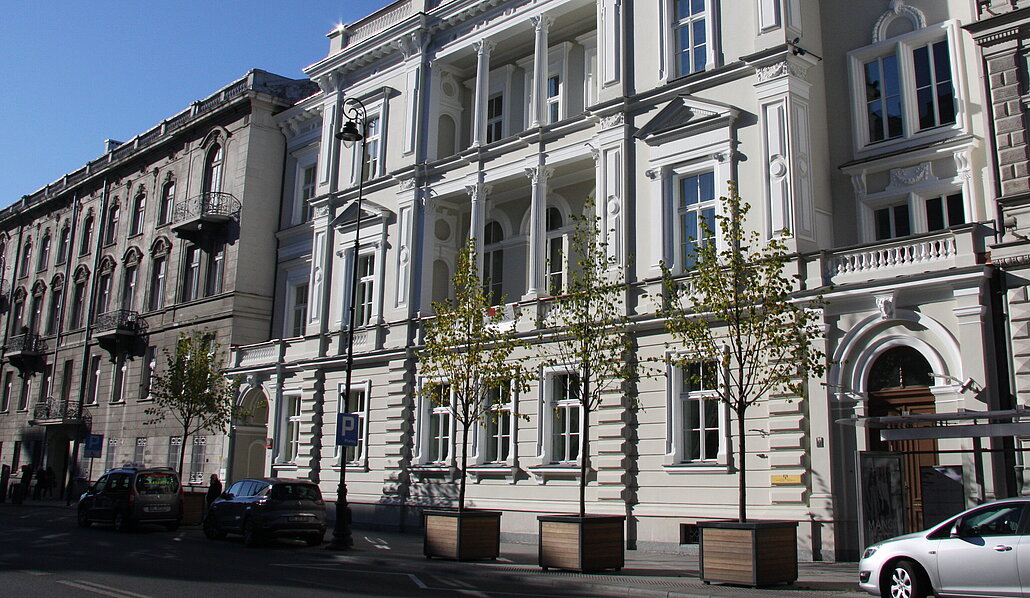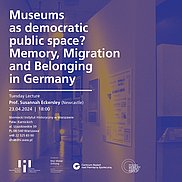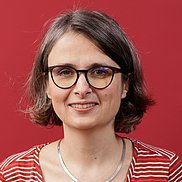The second half of the twentieth century saw a change in the concept of victimhood in post-socialist and post-conflict countries. Although victims are often perceived through the prism of their trauma and passivity, attention is currently focused also on their active role in the transitional justice and their social mobilization. It turns out that victims and their organizations have been playing an important role in democratic transition and public history and appeared on the political scene as distinct and powerful groups and managed to achieve some of their main goals such as compensations, rehabilitations, redress and acknowledgment. Representatives of victim associations (especially former political prisoners and their offspring) have also turned into ‘guardians of memory’. Their role is to share their experience and simultaneously defend the image of the group and the association. Their main goal is not only to integrate the history of the victims and survivors of the state socialist dictatorship into broader political and national history, but to enforce their version of the past as the dominant narrative as well.
The aim of the interdisciplinary conference is to focus on associations of victims of post-socialist countries in the east central Europe. The conference will focus on what role victim organizations (political prisoners, victims of repression of state socialism) played after the year 1989, what were their goals and activities to achieve recognition and redress. The conference aims to explore these organizations as participants in public life and the formation and maintenance of collective memory, as well as how these associations sought to emphasize and use or promote their collective memory and interpretation of history in the political process and contribute to the democratization of society.






